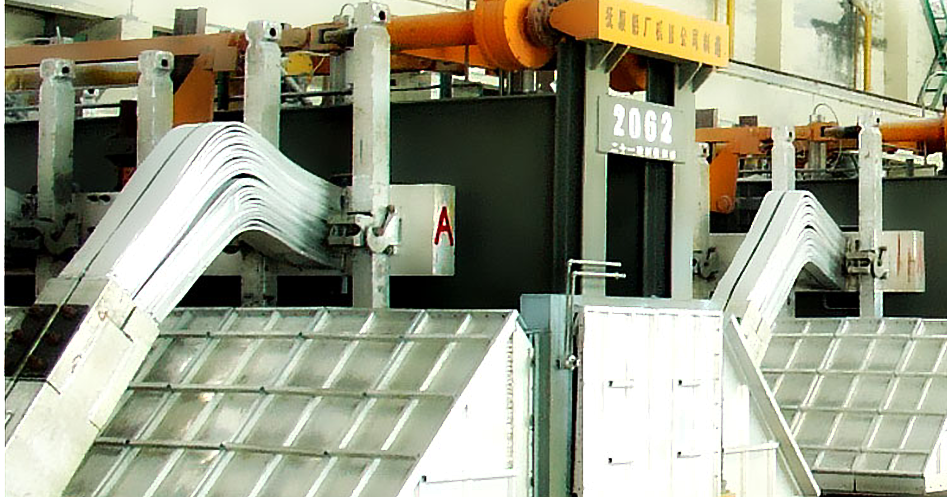Up to 500,000 tonnes of alumina being exported from China as Rusal crisis bites

LONDON/BEIJING, April 27 (Reuters) – Multiple shipments of alumina are being exported from China, with major suppliers agreeing deals of up to 500,000 tonnes, in a rare move prompted by supply problems after U.S. sanctions on Russian producer Rusal.
China is the biggest global producer and consumer of alumina, a compound extracted from bauxite ore that is smelted into aluminium metal.
The sanctions against Rusal, world’s second-biggest aluminium producer, have up-ended the supply chain as companies cut contracts to use Rusal metal, leaving producers of cans or auto parts scrambling for supplies. That is likely to feed into higher costs for users such as automakers and beer can manufacturers.
The sanctions have exacerbated a shortfall in the alumina market after a plant in Brazil was forced to halve output earlier in the year, sending prices soaring.
Two alumina market sources said at least one 30,000 tonne shipment was sold by Chalco, the largest state-owned aluminium producer, in the past week.
Separate aluminium market sources said that Chinese companies including Chalco together were supplying up to 500,000 tonnes of alumina in multiple shipments.
Sources said the companies were not selling directly to end-users but using international trading companies.
A spokesman for Chinalco, parent company of Chalco, said there was “no such news” when asked about direct or indirect alumina exports.
The surge in exports is highly unusual. China’s aluminium smelting industry, the world’s largest, absorbs almost all alumina in the country. Customs data showed it exported only 55,737 tonnes last year.
Global alumina supply is forecast at 126 million tonnes this year, according to UBS. Rusal produces about 6 percent of the global alumina supply.
“It’s the first time I’ve ever seen this, in eight or nine years,” said one London trader. “I’ve never seen a 30,000 tonne cargo come out of China. Never.”
The stream of exports could be cut short, however, two traders said, as local prices rose to keep the alumina in the domestic market.
Global alumina prices shot above $700 a tonne from about $450 after the sanctions were imposed, but they have eased this week after the United States extended a deadline for companies to wind down business with Rusal. Local Chinese prices have increased by about 15 percent since mid-April.
“The exporting chance has passed away for the time being,” said one trader in China.
(Reporting By Yilei Sun, Peter Hobson and Pratima Desai in LONDON, Tom Daly in BEIJING and Melanie Burton in MELBOURNE Editing by Veronica Brown, Jason Neely and David Goodman)
{{ commodity.name }}
{{ post.title }}
{{ post.date }}




Comments